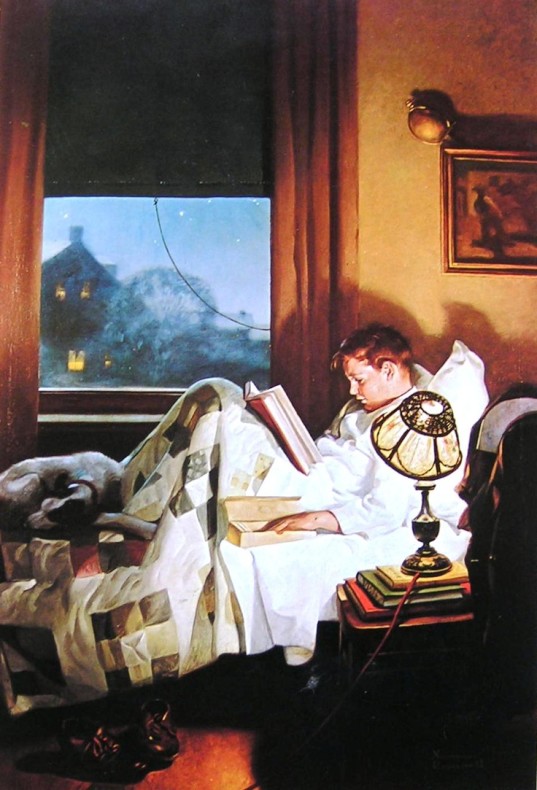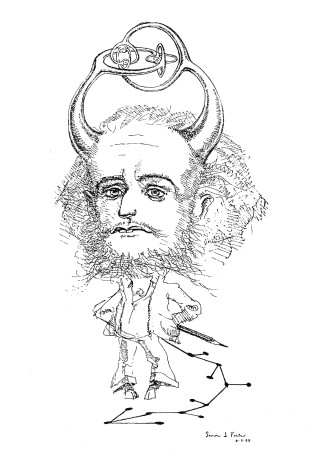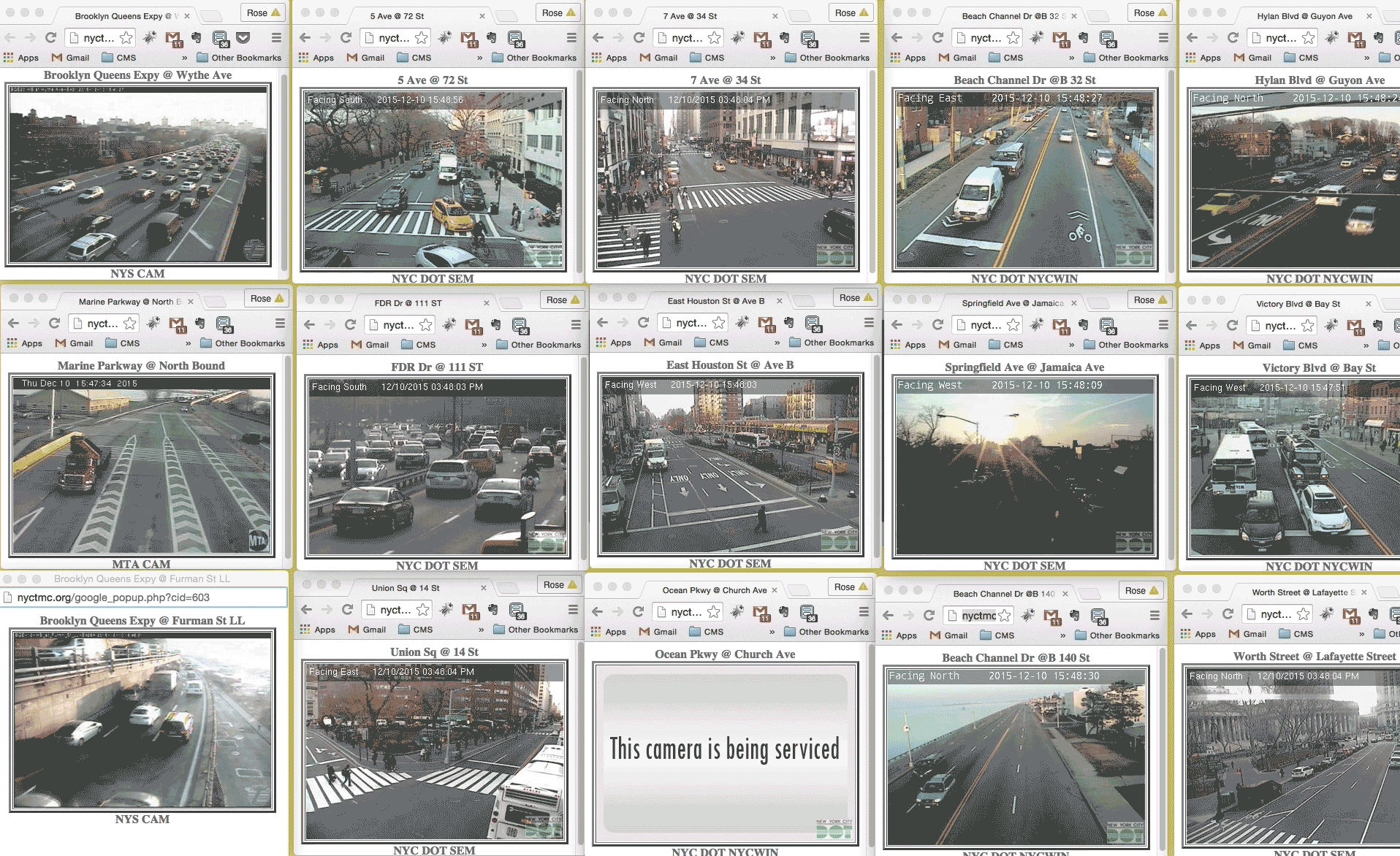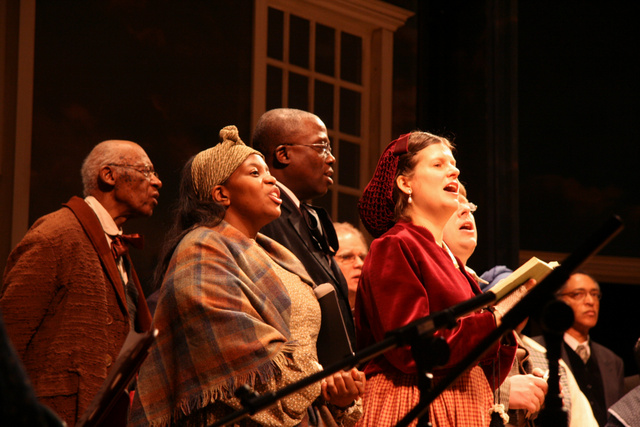The holidays — one of the few times of year when the decision to pick up a book should never be preceded with the question, “But have I finished All The Work?”. Today, the People of LWON pick up a tradition we started last year, providing a handy list of great reading.
Erik Vance : I recently read The Maltese Falcon for the pure cheesy irony of it. I wanted to experience that overwrought, noir style – that “the dame had legs that reached the skylight and a snub-nosed .38 in her handbag that showed she meant business” kind of sensibility. What I found was an entertaining, thoughtful book that was pure fun. The characters felt real and the plot kept me intrigued. I now see that the film noir movies that came afterward bastardized the genre. And if you live – or have ever lived – in San Francisco, you simply have to read it. The streets and the landmarks are instantly familiar and yet bizarrely out of synch with the techie hipster town that it is today. It’s not a long read and you’ll be glad you did.
Helen Fields: I am slightly late to this party, given that it won the Man Booker Prize in 2009, but oh my gosh, Wolf Hall is wonderful. It’s the first in a trilogy about Thomas Cromwell, an advisor to Henry VIII, and covers the period when the king was trying to get out of his first marriage so he could marry Anne Boleyn. The book is engrossing–I kept catching myself wanting to tell friends the amazing gossip from court today–and is engaged with so many things I care about: textiles, plants, animals, weather, and the lives of women and children, all through the eyes of this one man. Like this, when Cromwell visits Thomas More: “They go out to the aviary; they stand deep in talk, while finches flit and sing. A small grandchild toddles in; a woman in an apron shadows him, or her. The child points to the finches, makes sounds expressive of pleasure, flaps its arms.” A warning, though: It’s not what you’d call an easy read. The author pulls a goofy trick with pronouns, referring to her main character as “he” even if the “he” might more reasonably be assumed to refer to someone else. It can be confusing. But it’s so worth it. Continue reading







